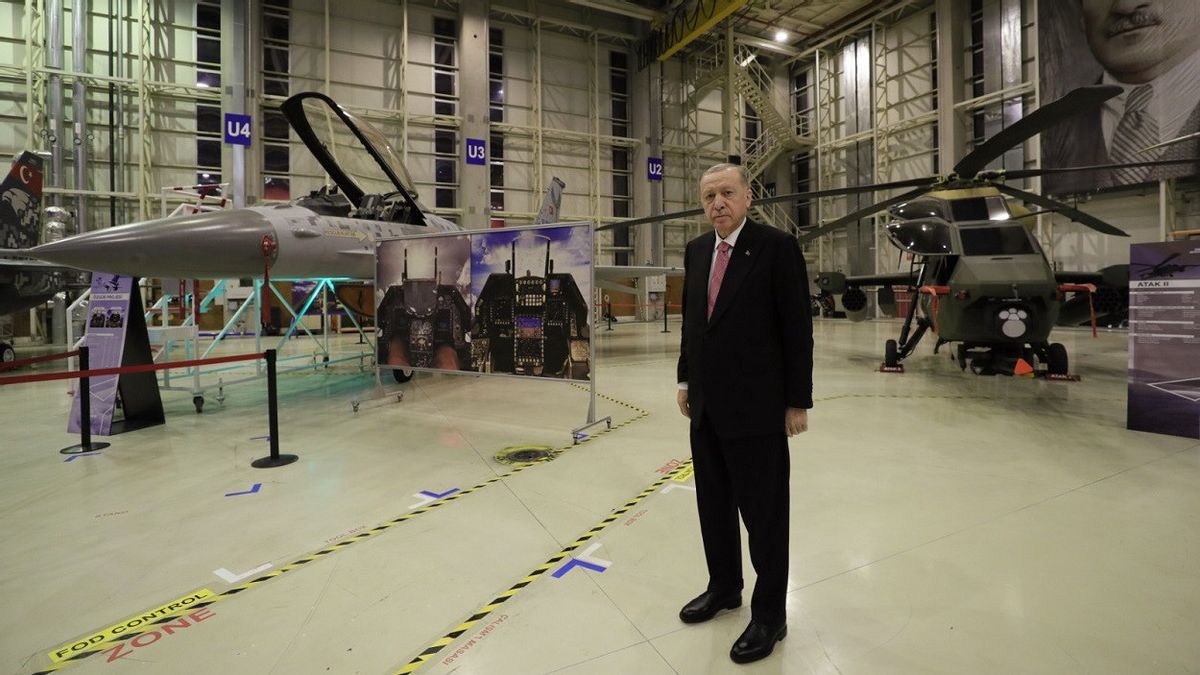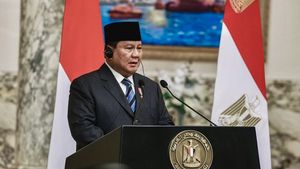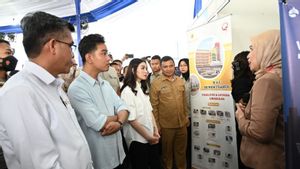JAKARTA - Turkish Aerospace Industries (TAI) will establish a facility for testing the radar cross section (RCS), for domestically developed air platforms, including the national fighter aircraft (MMU).
The statement said the testing facility would be the largest of its kind in Turkey, as well as the fifth largest worldwide in terms of capacity. It is planned to start operating in the second quarter of 2024.
The facility, which is designed to detect the visibility status of the TF-X MMU on radar, will be one of the most advanced in the field with its state-of-the-art infrastructure.
RCS is a measure of how detectable a platform or object is by radar.
The test facility will contribute to design features that give the RCS platform a low, detectable amount of radar energy that the object reflects back to its source. So, thanks to the tests that will be carried out there, the low visibility level of the MMU will be confirmed.

TAI head Temel Kotil said they were continuing to invest in projects that would reduce the Turkish aviation industry's technological dependence on abroad.
"Thus, the RCS test facility, which we will start building in the near future, will be one of the most advanced facilities in the world with the technology it contains. We will carry out another important test for our MMU platform, in our country, with national resources, " he explained, launching the Daily Sabah on August 2nd.
"We will continue to contribute to our country's independent aviation industry," Kotil added.
The TF-X MMU is a fifth-generation jet with features similar to Lockheed Martin's F-35 Lightning II. Various local aerospace and defense companies manufacture the parts and subsystems that will make up the aircraft, although TAI is the main contractor.
MMU will be inaugurated for the first time on March 18, 2023, and then planned to make its maiden flight in 2026.
The domestically made aircraft are being developed to replace the Turkish air force's F-16 fighter jets, as it plans to phase it out throughout the 2030s.
The English, Chinese, Japanese, Arabic, and French versions are automatically generated by the AI. So there may still be inaccuracies in translating, please always see Indonesian as our main language. (system supported by DigitalSiber.id)













